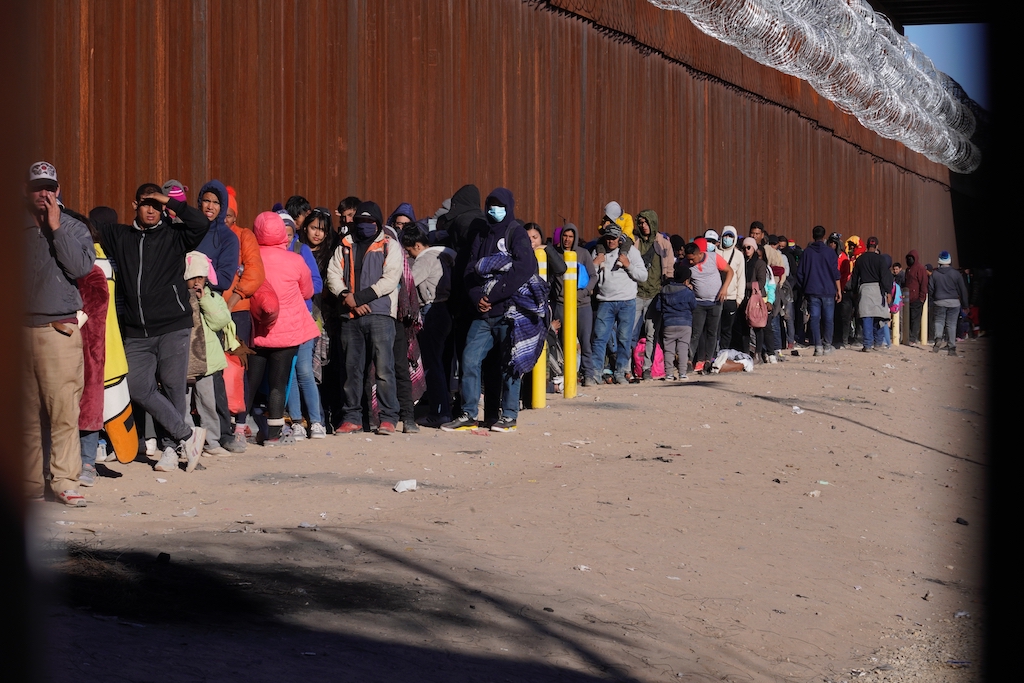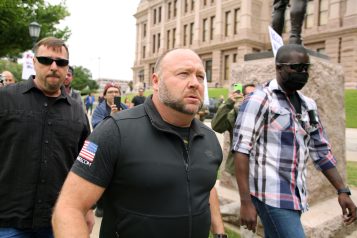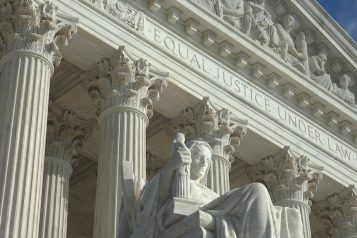
Texas Governor Greg Abbott, a Republican, is poised to approve a measure targeting immigration that would designate crossing the Texas-Mexico border as a state offense. This bill, Senate Bill 4 (SB 4), has encountered opposition from Catholic organizations, including the Texas Catholic Conference of Bishops. The legislation, passed by Republican-dominated state House and Senate in November, establishes unlawful border crossing within Texas as a distinct state crime.
Proponents assert that the bill strengthens law enforcement’s ability to counter unauthorized entry into the state. Critics, however, argue that it’s unconstitutional and harsh. Jennifer Allmon, the Executive Director of the Texas Catholic Conference of Bishops, expressed grave concerns about the bill, warning of dire consequences for migrants and casting doubts on its legality in federal court.
Justin Estep, Senior Director of Immigration and Refugee Services at Catholic Charities of Central Texas, emphasized the Church’s stance against illegal immigration, stating it’s detrimental to society and migrants, urging a more targeted, proportional, and humane approach to immigration enforcement.
Texas Lieutenant Governor Dan Patrick, also a Republican, lauded the legislation for enhancing border security, citing its stringent measures like criminal background checks and collecting data of individuals arrested for illegal border crossings. However, critics, including the ACLU of Texas, raise constitutional concerns, anticipating legal challenges and citing potential violations of due process, racial profiling, and overriding federal immigration law.
In response, a group of Texas judges reached out to President Joe Biden, expressing deep concerns about the legislation’s impact on community safety, interference with federal immigration enforcement, and strained international relations. The bill’s signing by Governor Abbott remains pending, although his inclination to approve it has been signaled.


















